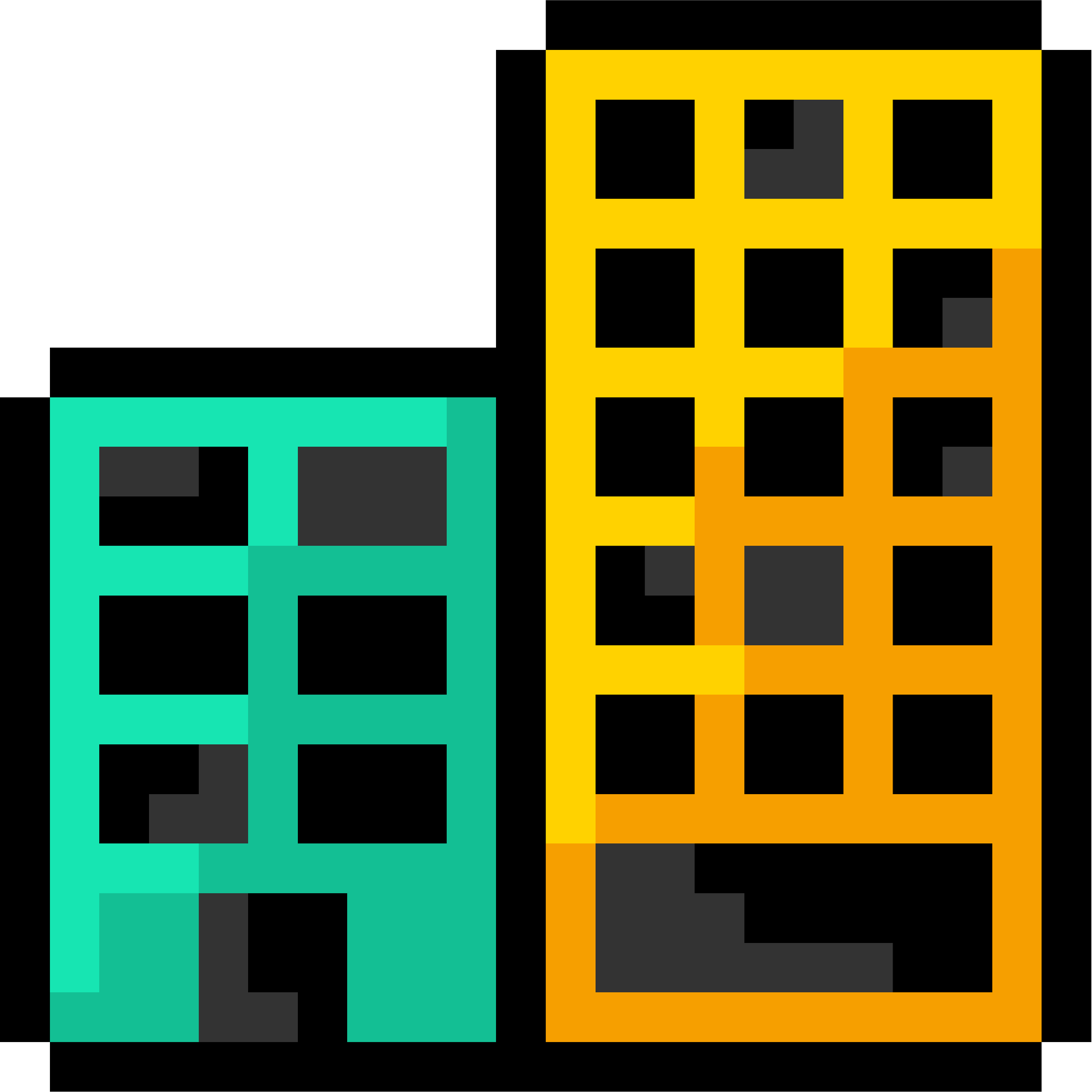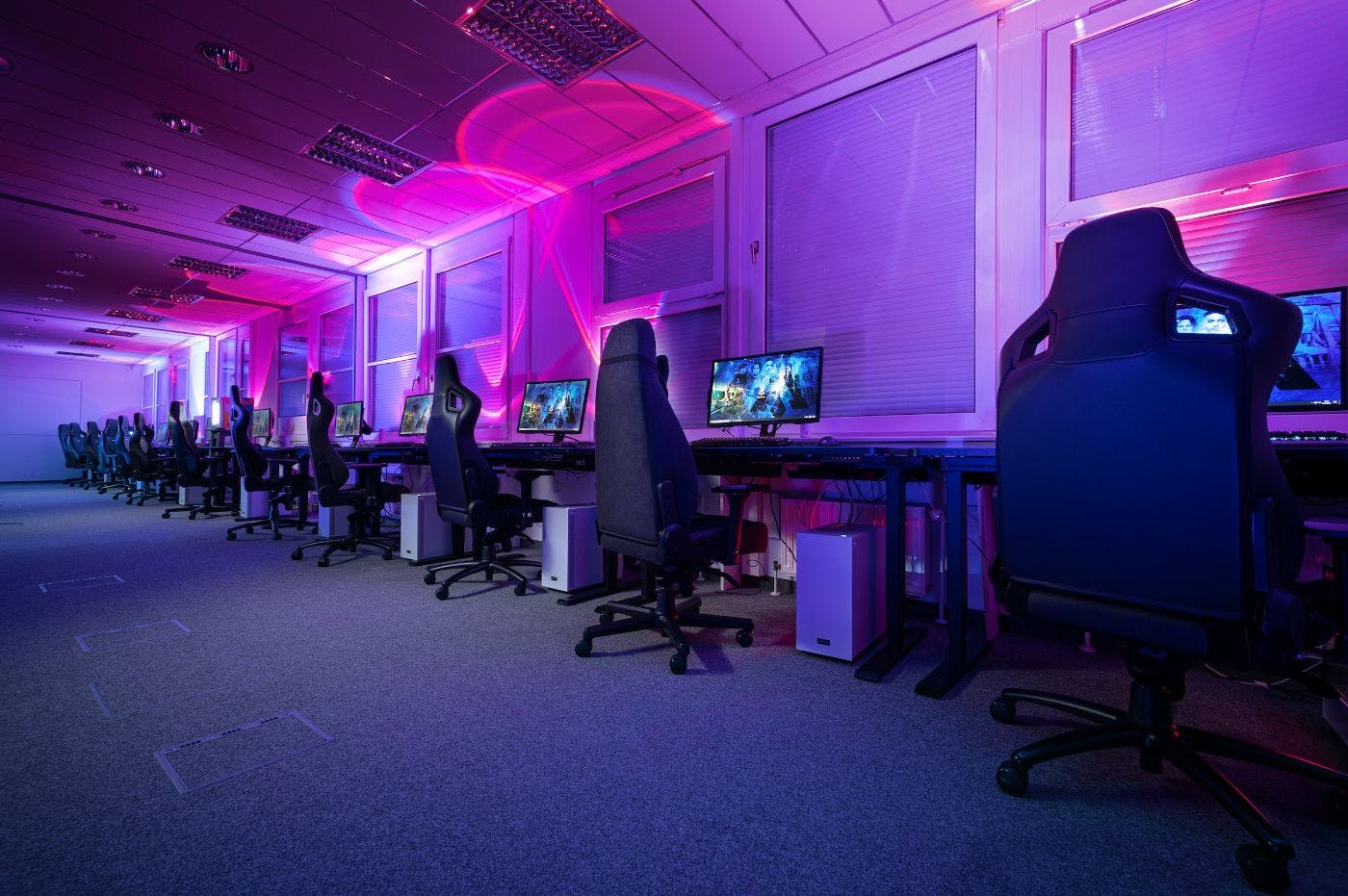212 reads
Polygon and Xternity Partner to Streamline Web3 Game Migration
by
January 17th, 2023
Audio Presented by

Building and Covering the latest events, insights and views in the AI and Web3 ecosystem.
Story's Credibility

About Author
Building and Covering the latest events, insights and views in the AI and Web3 ecosystem.
